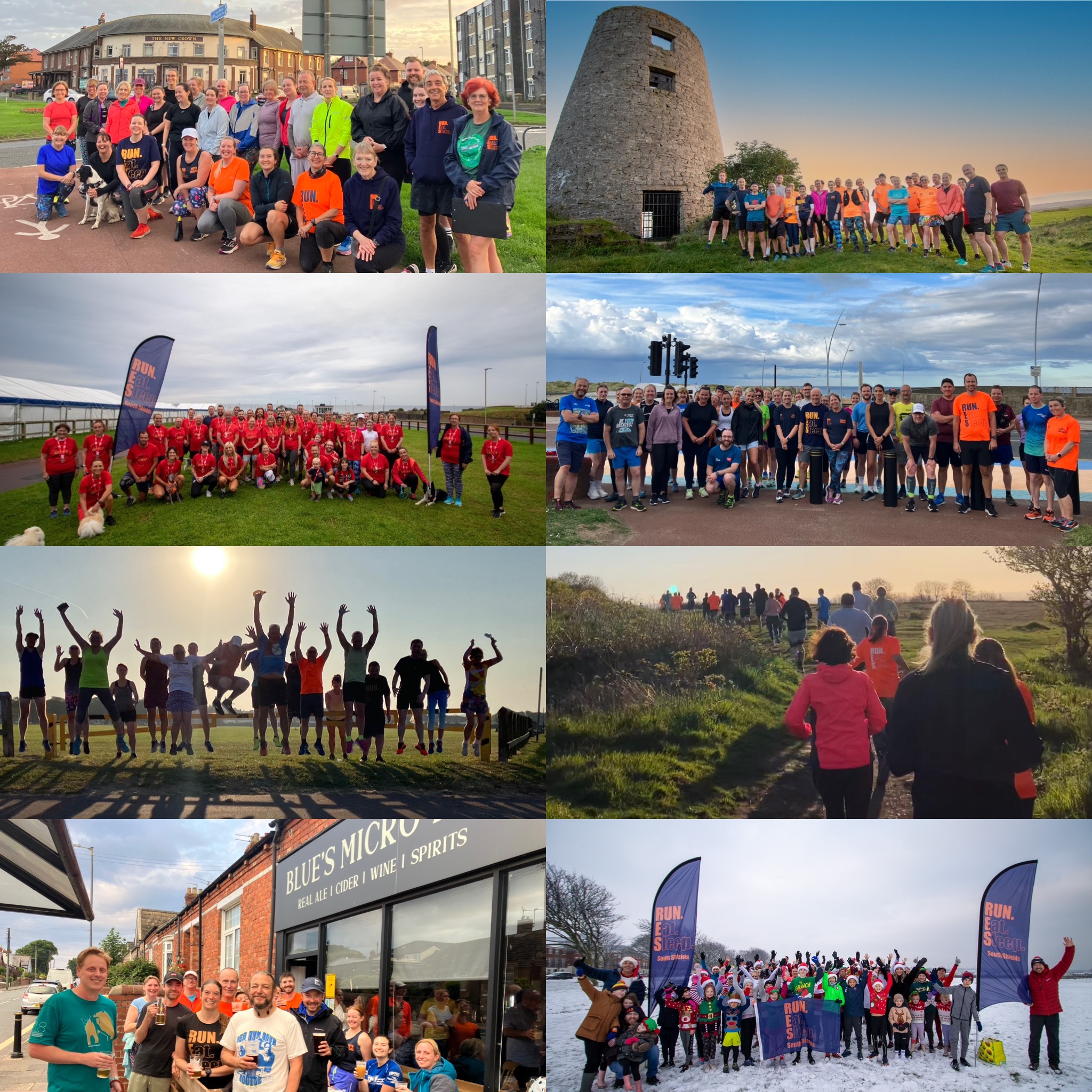
I speak to a lot of runners who have a tendency to believe that because they train and burn a lot of calories that they can eat and drink whatever they like.“My
Garminsaid I burned 1000 calories in training. I don’t feel so bad about eating this chocolate bar as its only 200 calories.”“I ran 15 miles this morning, so I deserve a good drink at the pub with my friends”
How many of you have said something along these lines?
Although I am a fan of chocolate, drinking alcohol and even having a curry (sometimes), it’s important that this isn’t something you do daily, or even weekly.
CALORIES IN vs. CALORIES OUT is a very simplified
method of balancing your weight. However, it doesn’t take into account the
QUALITYof those calories.For example, you could have a meal consisting of junk food with no nutrition that equates to 600 calories, or you could have a healthy meal filled with whole nutritious foods amounting to 600 calories.
Which of these do you think is going to make you feel better, regenerate your cells more efficiently, improve recovery, improve your health?
Another thing to take into consideration of the foods you’re taking in is the AFTER EFFECT of those calories.For example, as I mentioned in my BREAK-FAST Running Article – high sugar foods will cause you to feel sluggish after a few hours and will make you crave more sugar and sweet foods – equalling MORE CALORIES!Excessive intake of poor quality foods leads to acidity of the blood. Acidity in the body can cause a host of
health problems and will cause some form of sickness (Colds and Flu are quite common with runners due to this).
Your body tries to maintain an alkaline balance at all times, so when you are creating an acidic environment (through training, poor nutrition, stress) you’re body actually starts leaching from itself by taking alkaline minerals such as calcium from your bones – leading to weaker bones. This may be a contributing factor to runners suffering from stress fractures.
Above is a table listing a number of different foods and their effect on PH levels in the body.By reducing your intake of
acid forming foods and INCREASING the
alkaline foods you will gain some of the
followingbenefits:· Improved Energy
· Improved Digestion
· Less Sickness
· Stronger Bones
· Improved Recovery
If you’ve ever looked in a supermarket – you’ll probably have noticed that the foods towards the alkaline PH don’t have food labels containing the amounts of calories, sugars, fats, etc. However, you will also notice that the foods towards the acidic PH do have these food labels.I would advise buying as many foods WITHOUT these nutrition labels. Foods such as meat, fish, vegetables, fruits and water. You’ll find that if you eat these foods, you will learn to eat until you feel full – and that calories don’t really matter as you’ll know when to stop.If you don’t believe me – Try eating 1000 calories of chocolate on one day, and then 1000 calories of vegetables the next day.
Which will fill you up quicker?
Which one will keep you filled for longer?
(I don’t really recommend doing this, but I hope you get my point!)
So next time you train – take into account the foods you’re consuming and ask yourself…
Are they helping my running and my health?
Are they making me feel bad?
Am I wasting your time in training by repeatedly eating low quality and damaging foods AFTER my sessions?
BETTER HEALTH = BETTER PERFORMANCE




 Saving...
Saving...
Leave a Reply